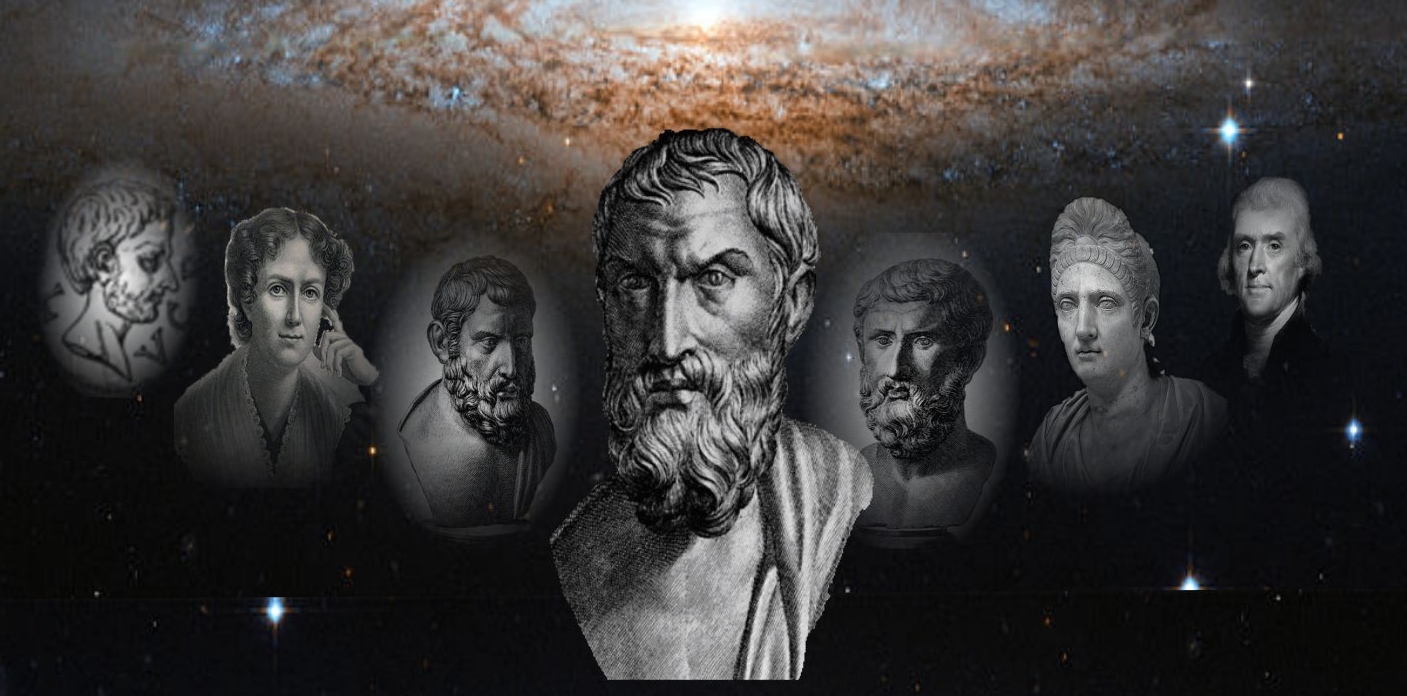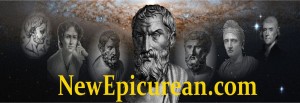A Brief Synopsis Of Thoughts On Epicurean Pleasure
After a series of good discussions like we have had recently, I like to drop back and consider a high-level big picture Epicurean viewpoint. Here is my latest effort; I invite others to comment or suggest their own:
1) Pleasure is the only thing that is desirable in and of itself, and not as an instrument for reaching something else. Even the most valuable of tools/possessions, including friendship, wisdom, prudence, or any other “virtue,” are desirable to us only because they produce pleasure in one physical or mental form or another.
2) Pain is undesirable, in and of itself, but pain in one form or another (exertion) is a requirement of living. We can end pain by suicide, but we cannot produce pleasure by suicide. Pleasure is the sole the motivating force for being alive.
3) As pleasure is the only thing desirable in itself, we consider pleasurable living to be the ultimate goal of life. Every living thing is born and lives in circumstances unique to itself, and feels pleasure and pain directly for itself, so no more specific definition of a single way of life is possible, nor is an explanation of the goal necessary except to assist humans in understanding how to experience pleasure most successfully, which includes defeating those who would stop us from seeing or achieving our goal.
4) Absent the corrupting influence of false religion and false philosophy suggesting that there are other goals higher than pleasurable living, there would be no need to address gods or false philosophies which suggest other goals of living. But since those exist and are powerful destructive influences, medicinal antidotes must be provided to prevent them from sickening us.
5) To meet the false suggestion that a supernatural god created and rules the universe, the medicine is to study Nature and the proper approach to “truth” (the principles of the Epicurean canon). When false priests argue that we must have faith in divine revelation and theology, we observe that nothing is of higher reliability than the senses, we observe that nothing comes from nothing or goes to nothing, and we conclude that the universe as a whole has always existed and was never created or ruled by a supernatural god. We also observe that to the extent a “perfect” being may exist somewhere, we intuitively grasp that a perfect being is totally self-sufficient and never engages in petty displays of favor or anger towards others.
6) To meet the false suggestion that there is “highest good” other than pleasurable living, we observe nothing is desirable in and of itself other than pleasure. When false philosophers argue that we need “virtue” and “wisdom” make pleasure better, and that therefore pleasure alone cannot be held to be the highest good, we must understand why they are wrong so that we are not plagued with doubt. We therefore observe that since pleasure is the only thing desirable in itself, the highest life which any living thing can hope to live is one in which that being’s complete experience is filled with numerous and vivid pleasures both of body and of mind, such that all pain is driven from its experience. In human terms we can no more enumerate the types of pleasure that would fill such an experience any more than we could enumerate the grains of sand in the universe. However, as it is useful to give descriptive names to highest desired state of continuous and pure pleasurable mental and physical experiences, we can describe that state as being “without pain” and “without interruption,” which are the only genuine meanings of “aponia” and “ataraxia.”


